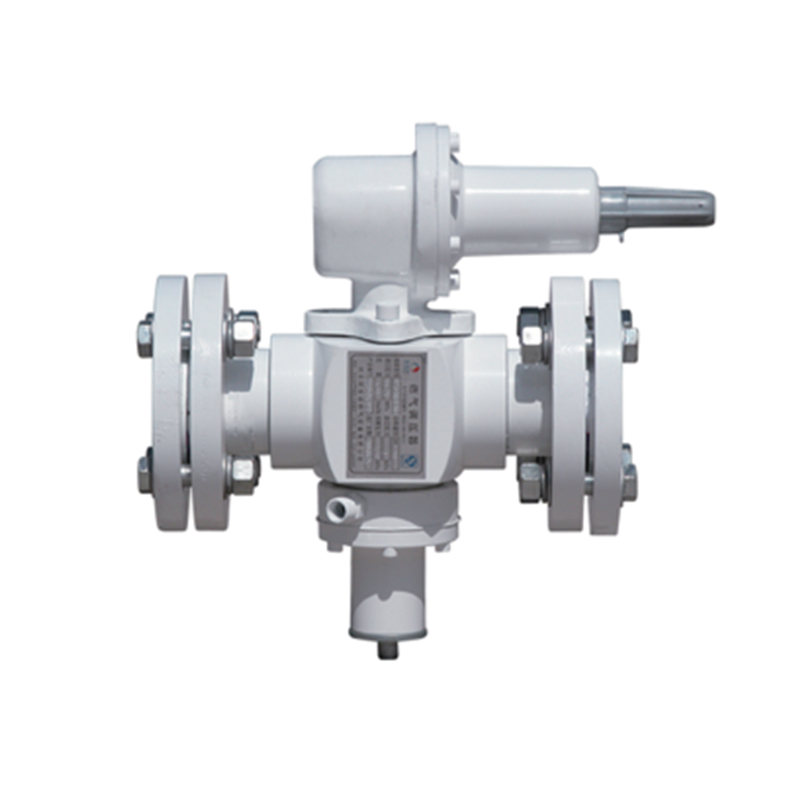
Nov . 25, 2024 19:38
Back to list
Gas Purification System for Enhanced Air Quality and Efficiency Solutions
The Importance of Gas Purifiers in Modern Industry
In today’s industrial landscape, the management and reduction of harmful emissions are more critical than ever. As industries expand, so do the concerns about air quality and environmental safety. Among the various technologies developed to mitigate these issues, gas purifiers stand out as essential instruments for ensuring clean air. This article explores the importance of gas purifiers, their functionality, and their impact on both the environment and human health.
Gas purifiers are devices designed to remove or reduce specific gas pollutants from industrial emissions, ensuring that the gases released into the atmosphere meet regulatory standards. These purifiers serve various industries, including petrochemical, manufacturing, and waste management, where the risk of releasing harmful gases like volatile organic compounds (VOCs), sulfur dioxide (SO2), and nitrogen oxides (NOx) is significant.
One of the primary functions of a gas purifier is to convert or neutralize harmful gases before they are emitted. Various technologies are employed in these systems, including adsorption, absorption, and catalytic conversion. Adsorption involves the attachment of gas molecules to a solid material, while absorption refers to the incorporation of gases into a liquid solution. Catalytic conversion, on the other hand, is a chemical process that transforms hazardous gases into less harmful substances through a catalyst. Each of these methods has its unique advantages, and the choice of a specific technology often depends on the type of gas to be treated and the desired output quality.
The benefits of gas purifiers go beyond regulatory compliance. By controlling emissions, these devices play a crucial role in protecting human health. Air pollution is a significant cause of respiratory issues, cardiovascular diseases, and other health problems. Prolonged exposure to toxic gases can lead to severe health complications, impacting workers in industrial settings and the surrounding communities. Gas purifiers help mitigate these risks by significantly reducing the concentration of harmful pollutants in the air.
gas purifier

Additionally, the implementation of gas purification technologies can lead to economic advantages for industries. Cleaner emissions can enhance a company's reputation, reduce the likelihood of fines from regulatory bodies, and open up new markets that prioritize environmental sustainability. Businesses that adopt these practices often experience increased customer loyalty as consumers become more environmentally conscious. Moreover, advancements in gas purification technology continue to drive costs down, making these systems more accessible to a wider range of industries.
The environmental impact of gas purifiers cannot be overstated. Effective gas purification contributes to improved air quality, which is vital for sustaining ecosystems and protecting biodiversity. As industries implement cleaner technologies, the overall carbon footprint is reduced, aiding in the fight against climate change. Furthermore, many gas purifiers are designed to recover energy from the gases they treat, leading to an even greater reduction in resource consumption.
Innovation in gas purification technology is also progressing rapidly. Researchers are looking into more efficient materials for adsorbents and catalysts that can operate at lower temperatures, minimizing energy consumption. Additionally, the integration of artificial intelligence and machine learning is optimizing the operation of gas purifiers, allowing for real-time monitoring and adjustments to enhance performance.
In conclusion, gas purifiers are indispensable in modern industrial operations for their role in safeguarding air quality and public health. They provide a solution not only to meet regulatory requirements but also to foster a sustainable industrial ecosystem. With ongoing advancements in technology and growing awareness of environmental issues, the importance of gas purifiers will only continue to rise. As industries embrace cleaner practices, gas purifiers will remain at the forefront of efforts to ensure a healthier planet for future generations. Investing in these technologies is a commitment to a sustainable future, where economic growth does not come at the expense of environmental integrity.
Latest news
-
Safety Valve Spring-Loaded Design Overpressure ProtectionNewsJul.25,2025
-
Precision Voltage Regulator AC5 Accuracy Grade PerformanceNewsJul.25,2025
-
Natural Gas Pressure Regulating Skid Industrial Pipeline ApplicationsNewsJul.25,2025
-
Natural Gas Filter Stainless Steel Mesh Element DesignNewsJul.25,2025
-
Gas Pressure Regulator Valve Direct-Acting Spring-Loaded DesignNewsJul.25,2025
-
Decompression Equipment Multi-Stage Heat Exchange System DesignNewsJul.25,2025

